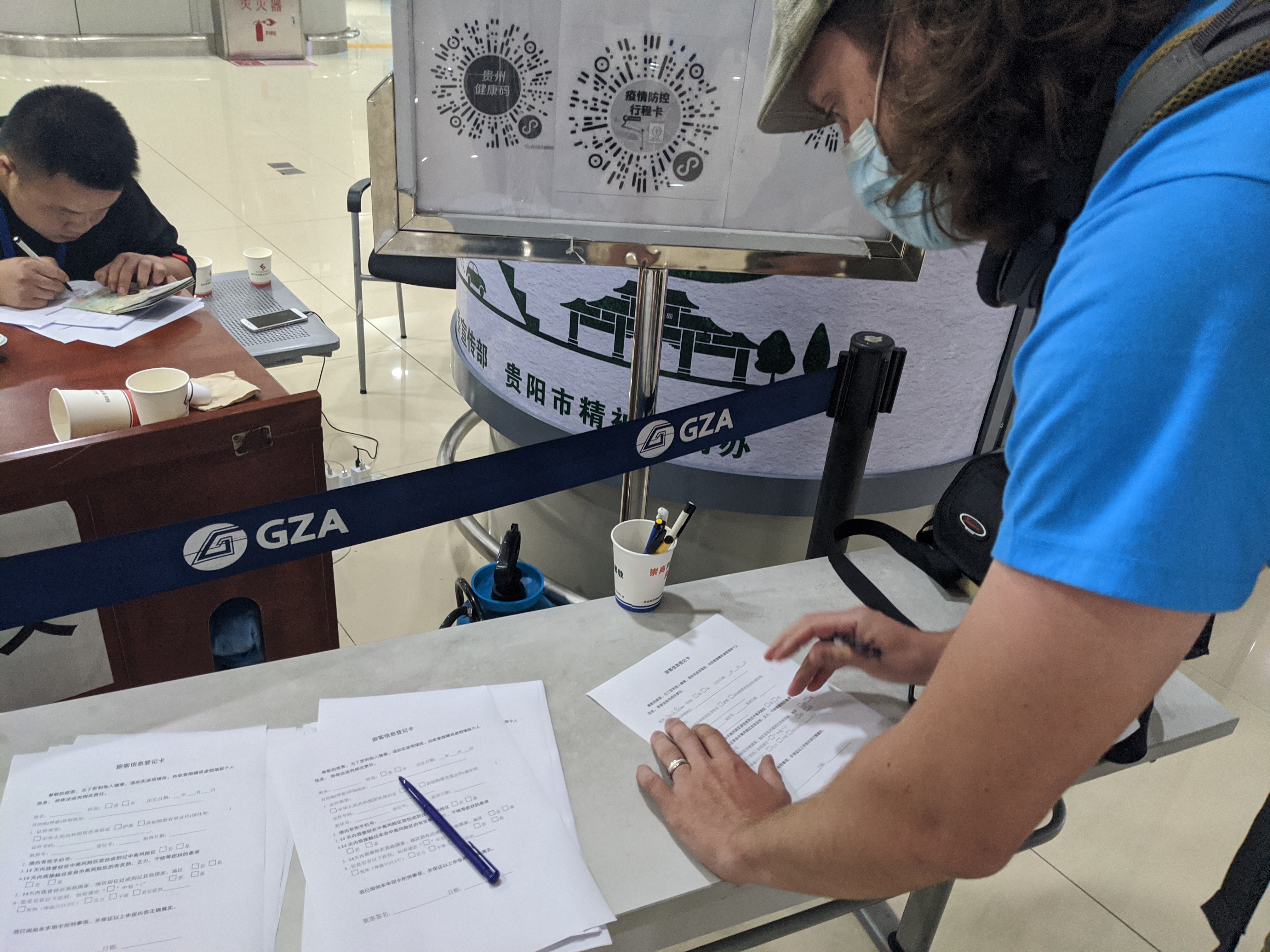2020 has been a very hard year for everyone… But I think expats have had unique challenges that people back home don’t really realize. I have friends who are separated from their spouses and kids, because boarders closed when they were apart. I know people who have lost their jobs and their homes because they didn’t get home in time. Thousands of pets have been abandoned or left behind this year, because it’s simply too expensive to fly them anywhere. And of course, this is on top of the stress that everyone is already under, as this pandemic changes the way the world works, and the way we travel.
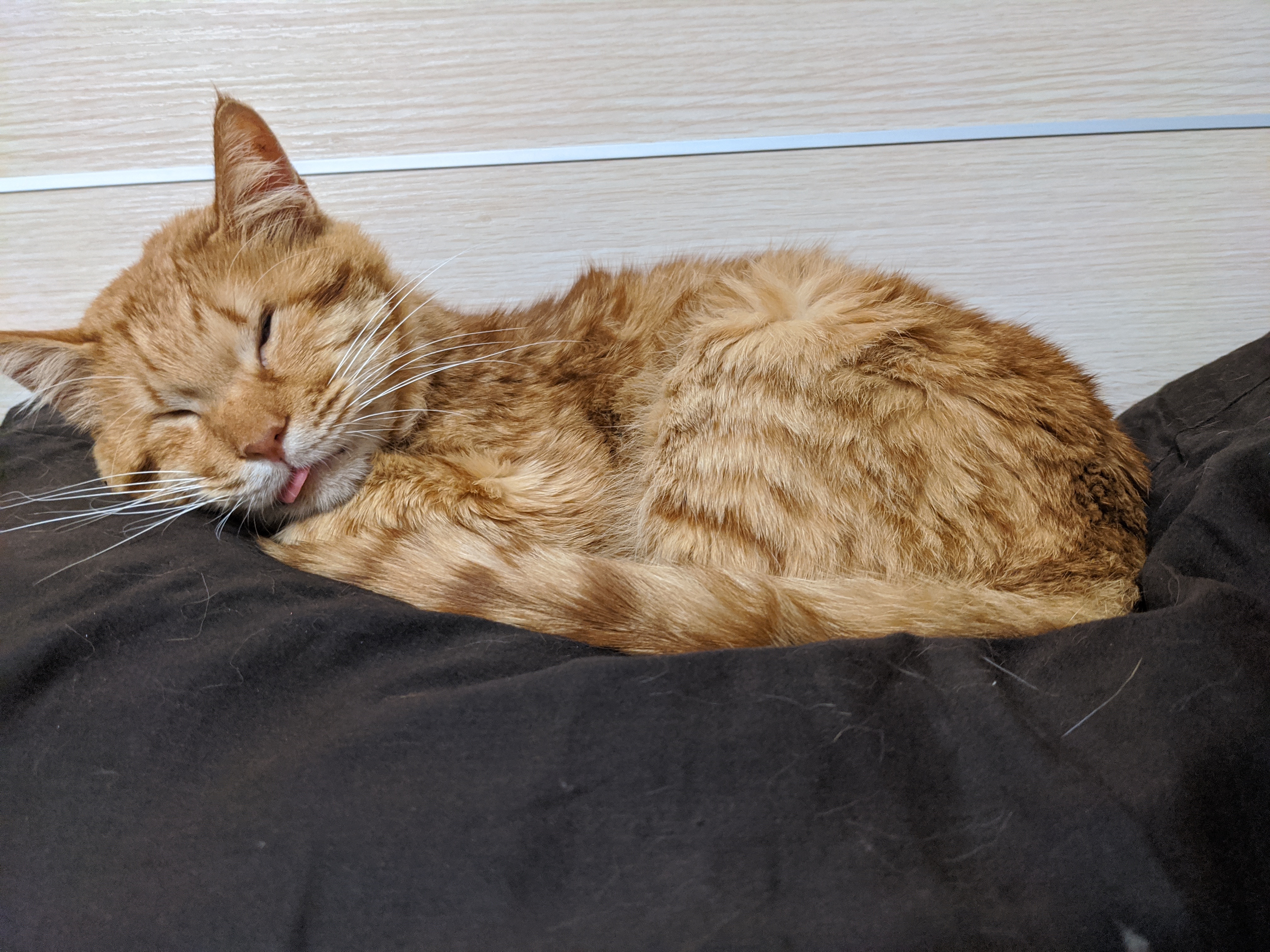
Dave and I have been lucky, but even we have been affected. I won’t see my family and friends for 2 years because of this virus. Traveling home this summer was impossible, because if we leave, it is exceptionally hard to get back into China. Even if the boarders had re-opened over the summer, we couldn’t have risked it, because they could close again at any time.
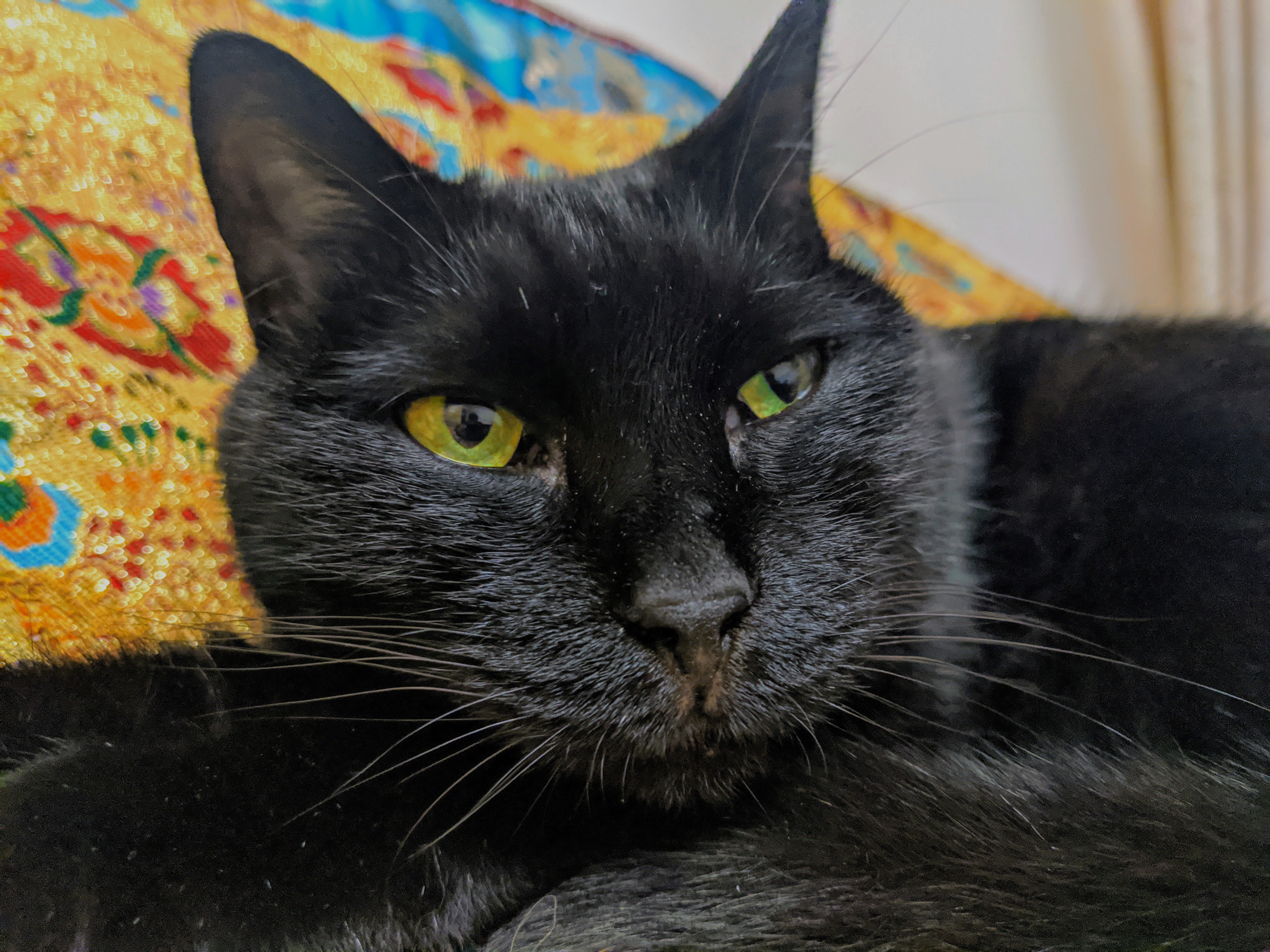
Luckily, China is one of the safest places to be right now. Closing the boarders, requiring masks in public spaces, major disinfecting routines and frequent testing have all made a huge difference in controlling the pandemic. Rules have been put into place, and people follow the rules. That’s why our second wave has been minimal (so far).
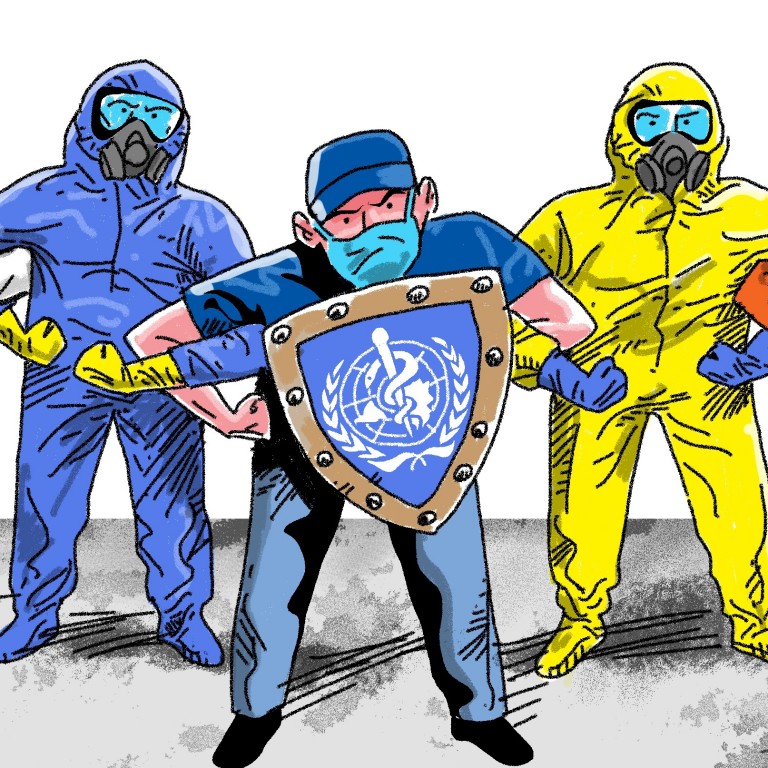
Of course, taking things seriously can make for some hoop jumping on holiday. So many hoops, in fact, that plenty of people chose not to travel at all. I knew that if I just sat at home, I was gonna get pretty depressed, so Dave and I took plenty of safety measures, chose areas of China that had been COVID-free for some time, and we planned a 2 week trip. Here’s what that looked like for us…
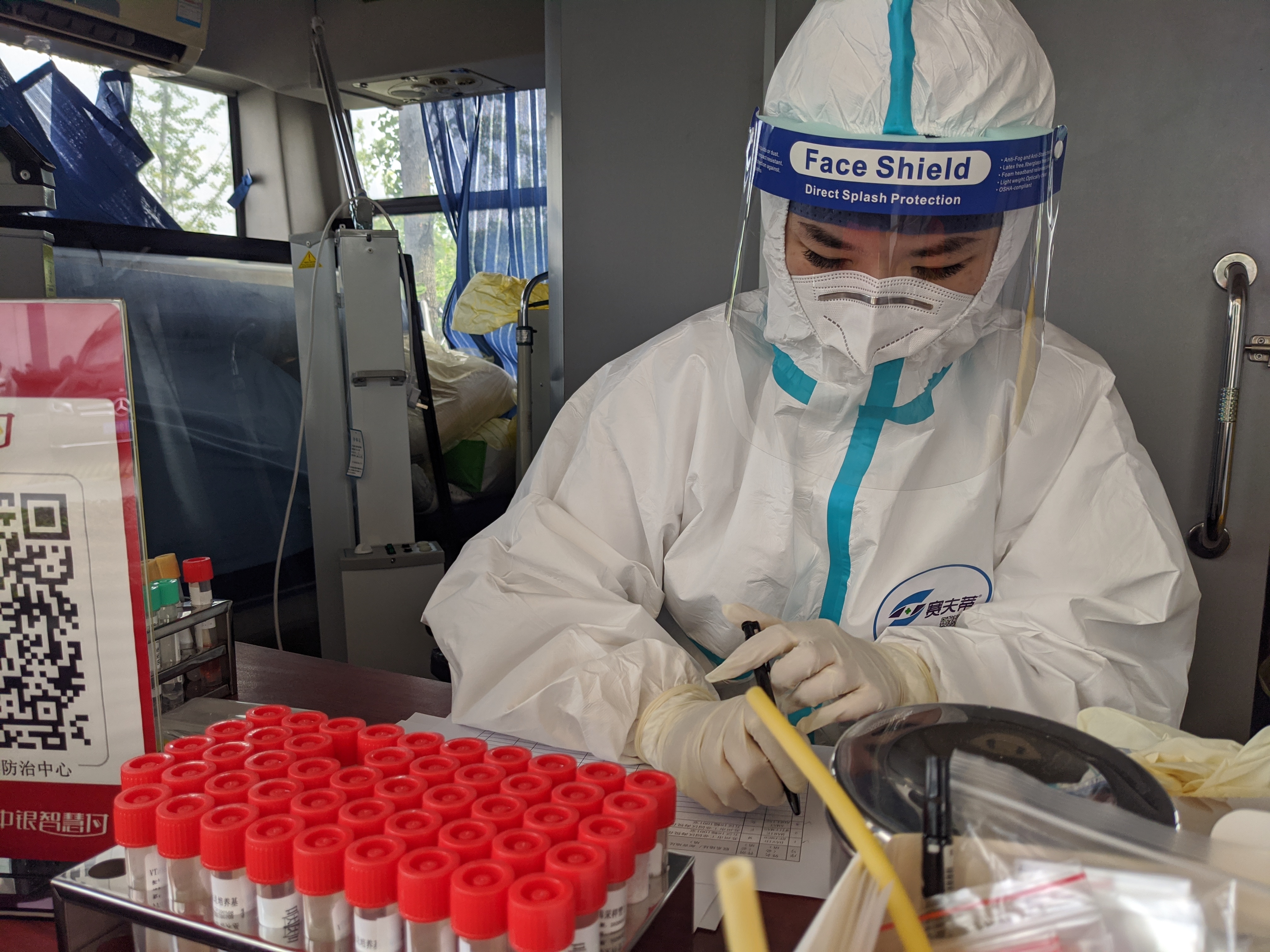
Part 1: Nucleic Acid Tests
We decided to get the tests done before leaving on holiday. It isn’t a requirement to travel, but can facilitate things, so we figured it was wise. Also, if we were going to travel, we wanted to be sure we weren’t carriers. As a responsible person… You have to make sure you aren’t putting others at risk, after all.
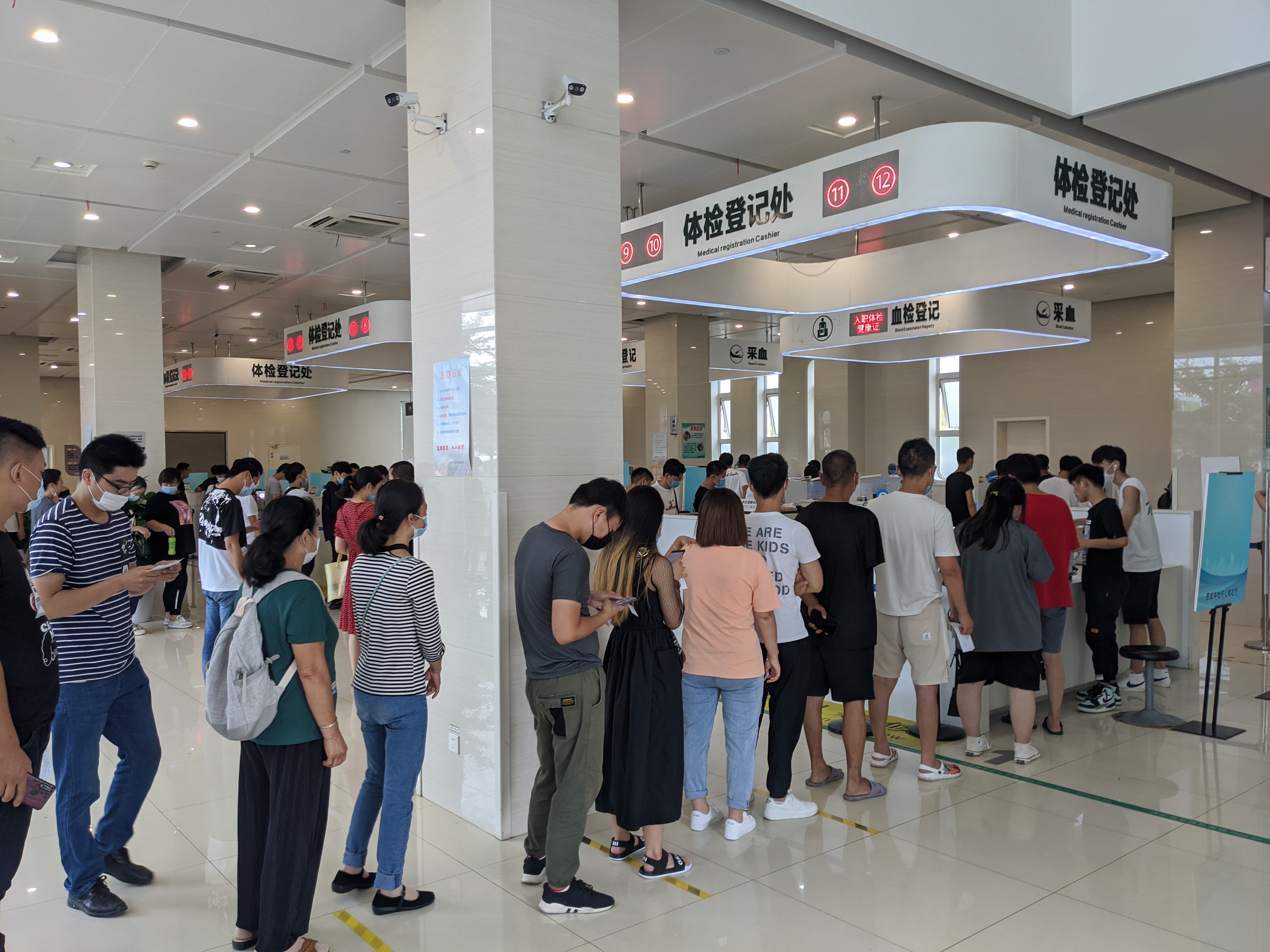
We opted for the throat swab instead of the blood tests (blood tests can tell you if you ever had the virus in the first place, and we’re fairly sure we haven’t). There was a huge line up when we arrived, but when we asked which line we should go to, we were taken out back to a bus that had been turned into a testing site. Sounds sketchy, I know, but it was all very sanitary and well organized.
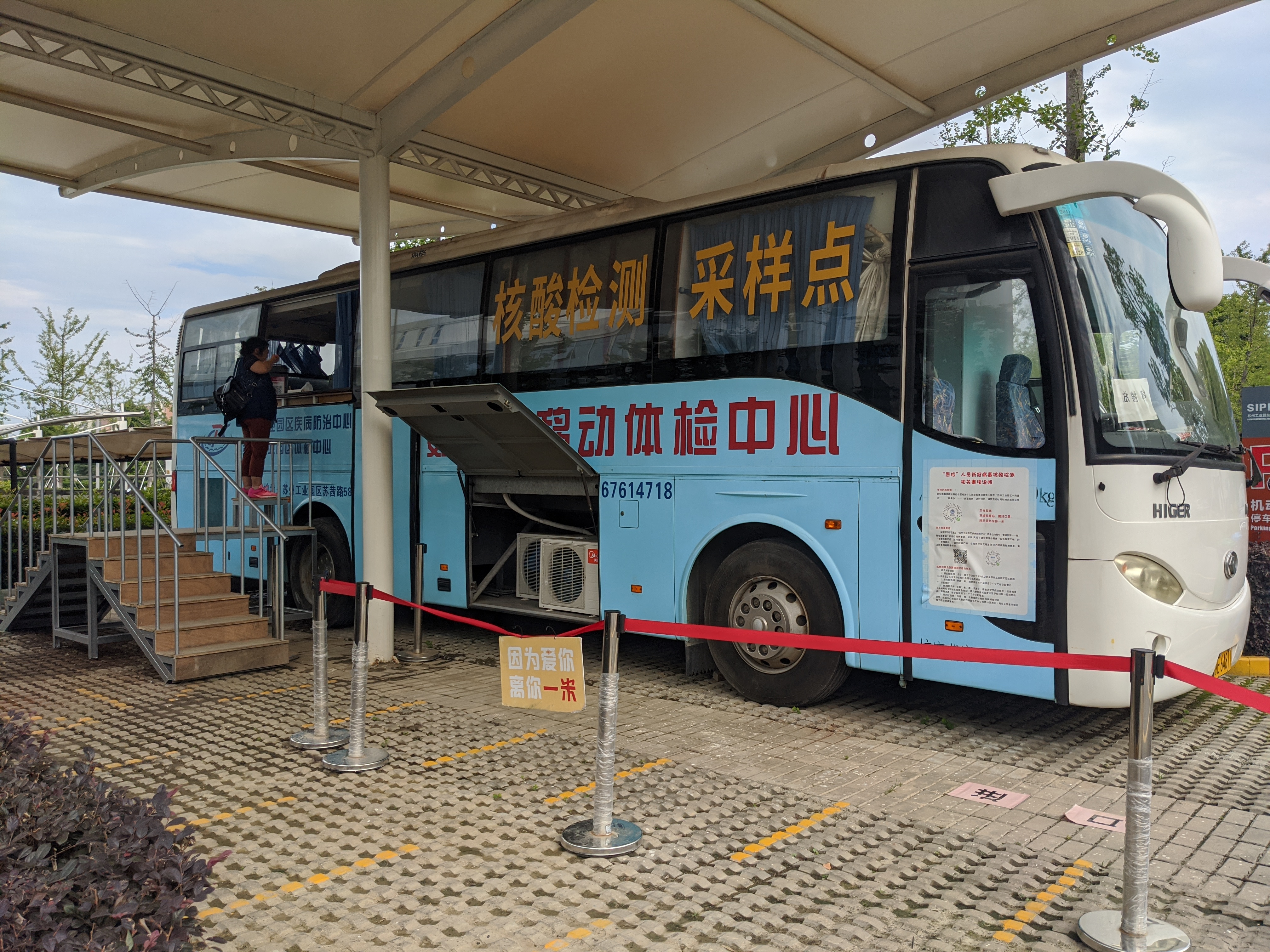
The following day, we had our negative results. We were sure to take photos of them, as well as to take our physical copies on the trip. It’s always a good idea to carry photos of your passport, visa, last entry stamp and other important documents, either on your phone or in a USB. That way, if your passport goes missing, you have some sort of ID.
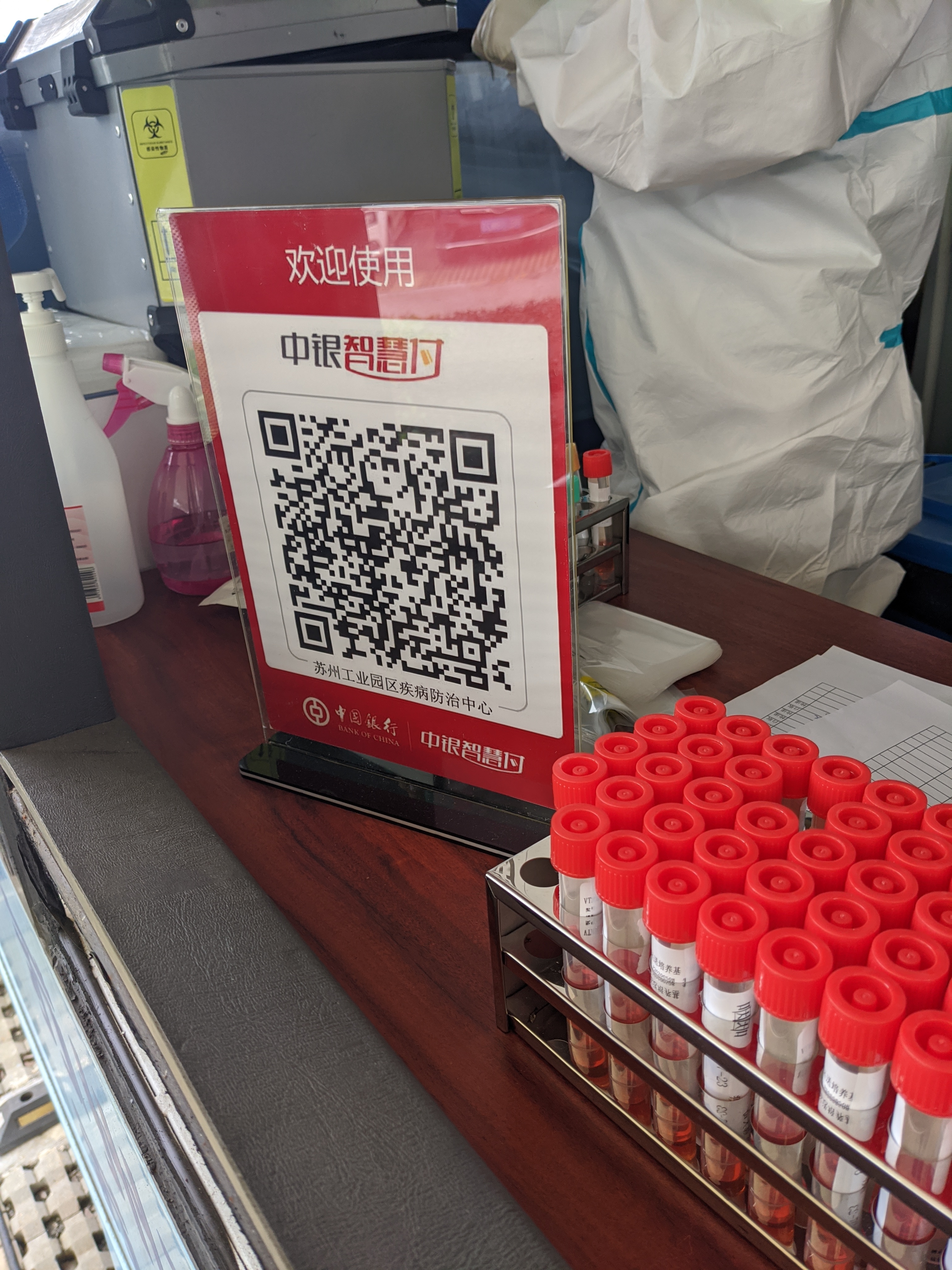
Part 2: Masks
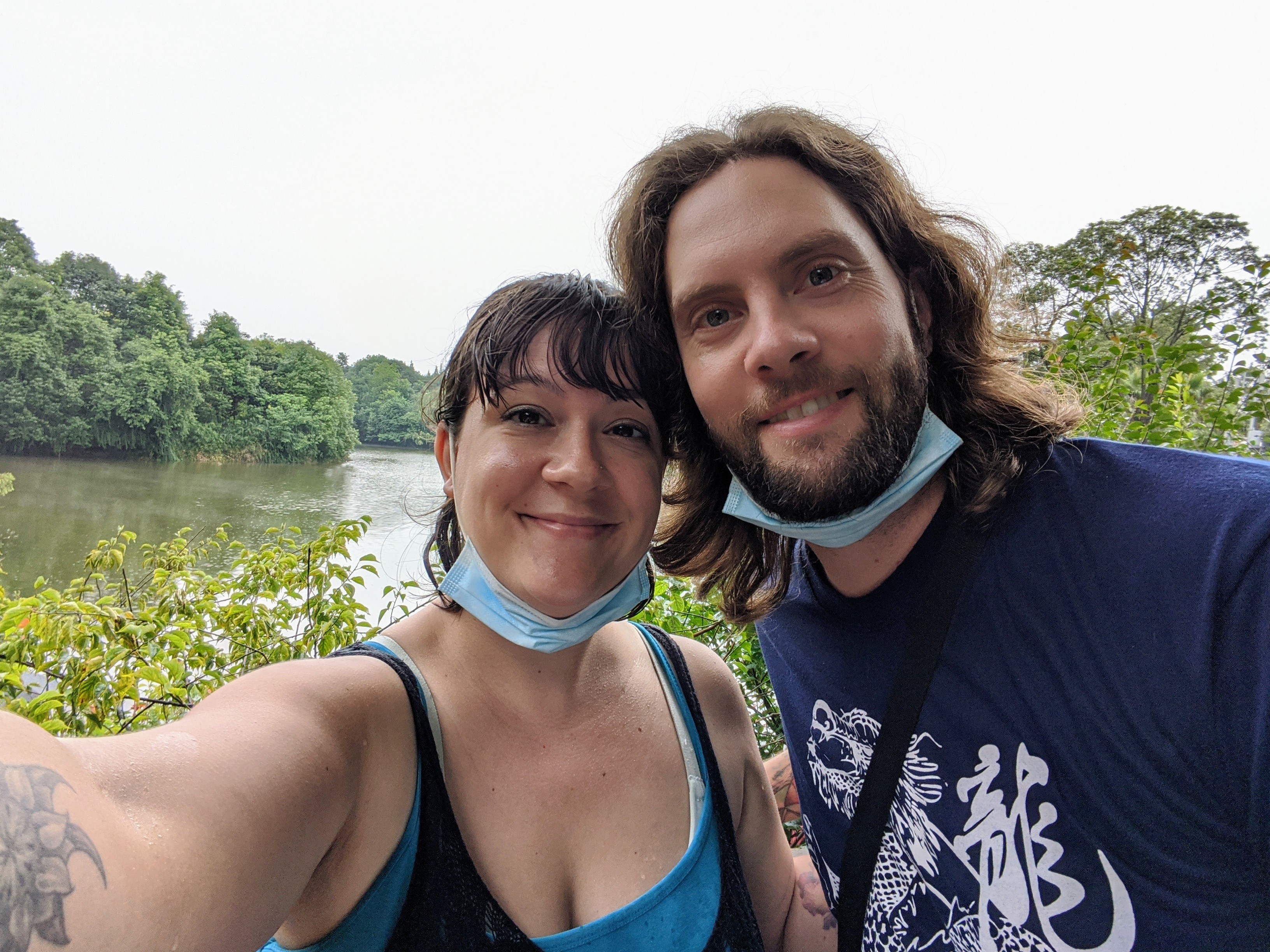
Like it or not, masks are a part of the world’s new reality… But in Asia, they’ve actually been a reality for a long time. I read one conspiracy theory that said Instagram came out with mask filters 2 years before COVID, and the author of the meme stated that this is proof that the virus was planned. In reality…people in Asia wear masks for a variety of reasons. Air pollution, road dust and illness are all reasons people wear masks here, and I had all 3 types of masks in my apartment long before the virus came out. Now, of course, more people are wearing them more often… But they aren’t by any means a new concept here.
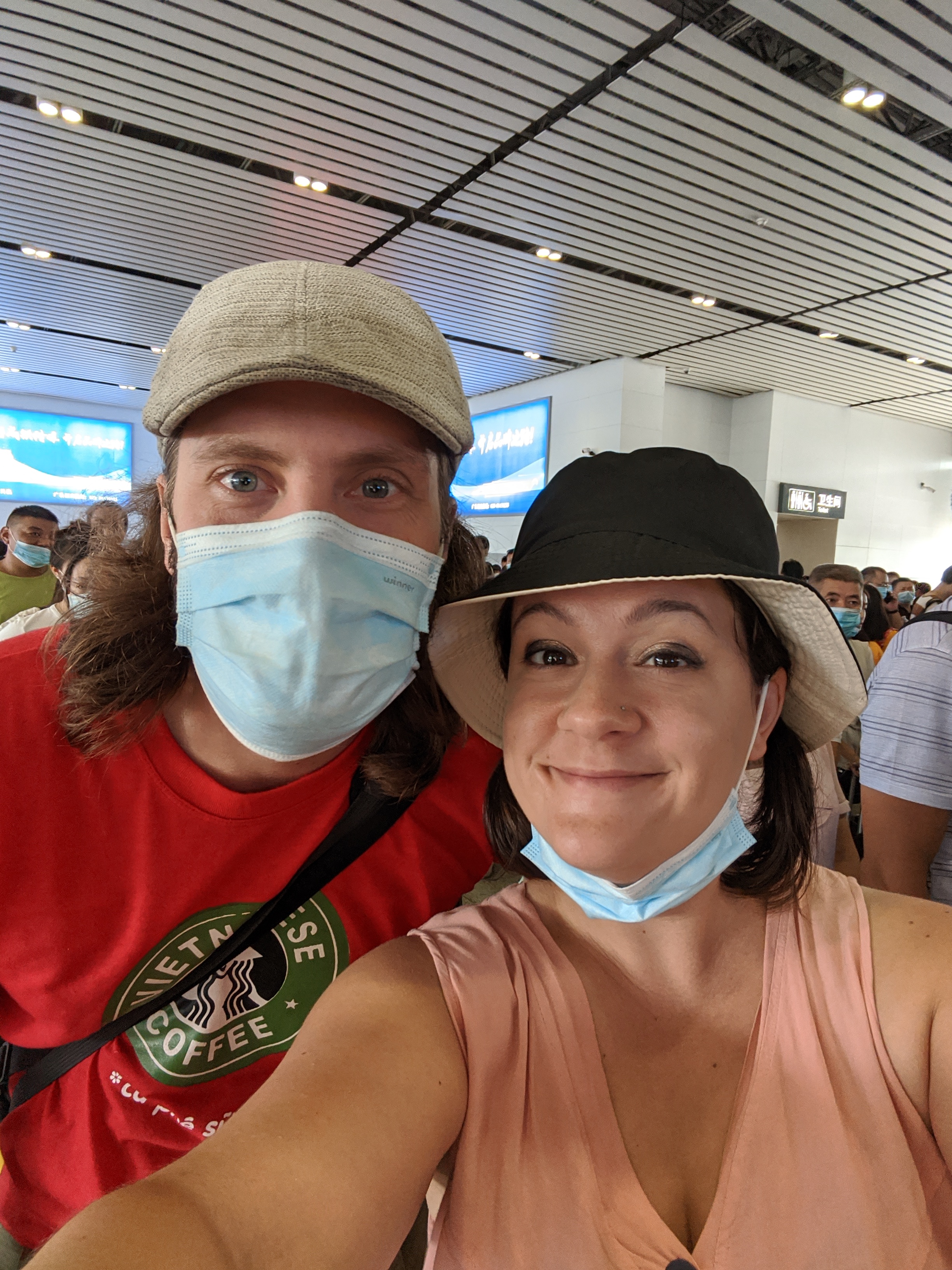
Part 3: Health Codes
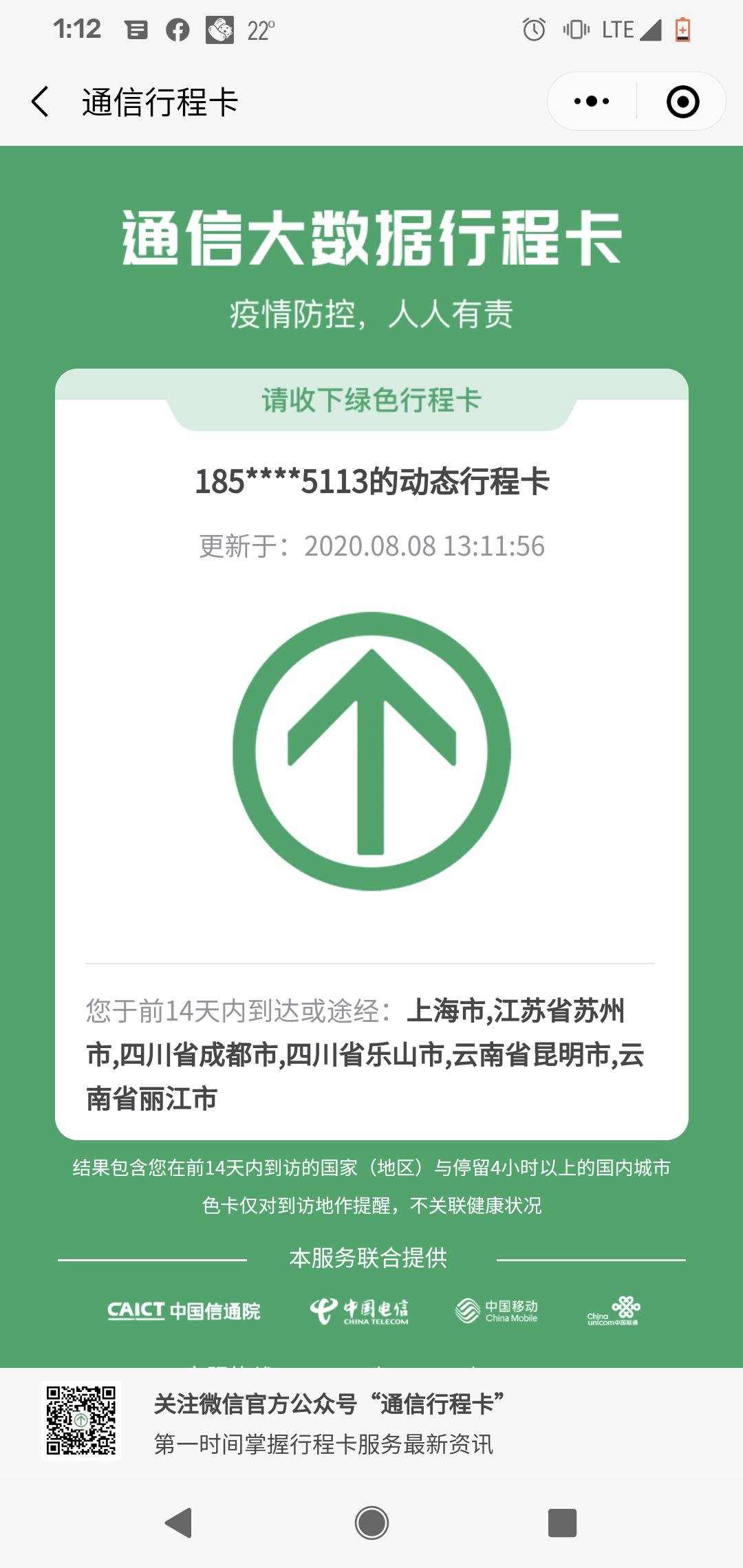
In total, we downloaded 4 or 5 different health codes on our trip (I lost track). There was a different code for each province (it hasn’t been standardized nationally yet), and there were a couple of codes to show which areas you’ve been in over the last 2 weeks. Under the arrow on my code, you can see where I was for the last 14 days. Because every place I went to was ‘green’ (COVID-free), my own code is green. If I went anywhere where there was an outbreak in the last 14 days though… That code would be yellow or red, and I would have to stop my travels and get checked into a quarantine hotel.
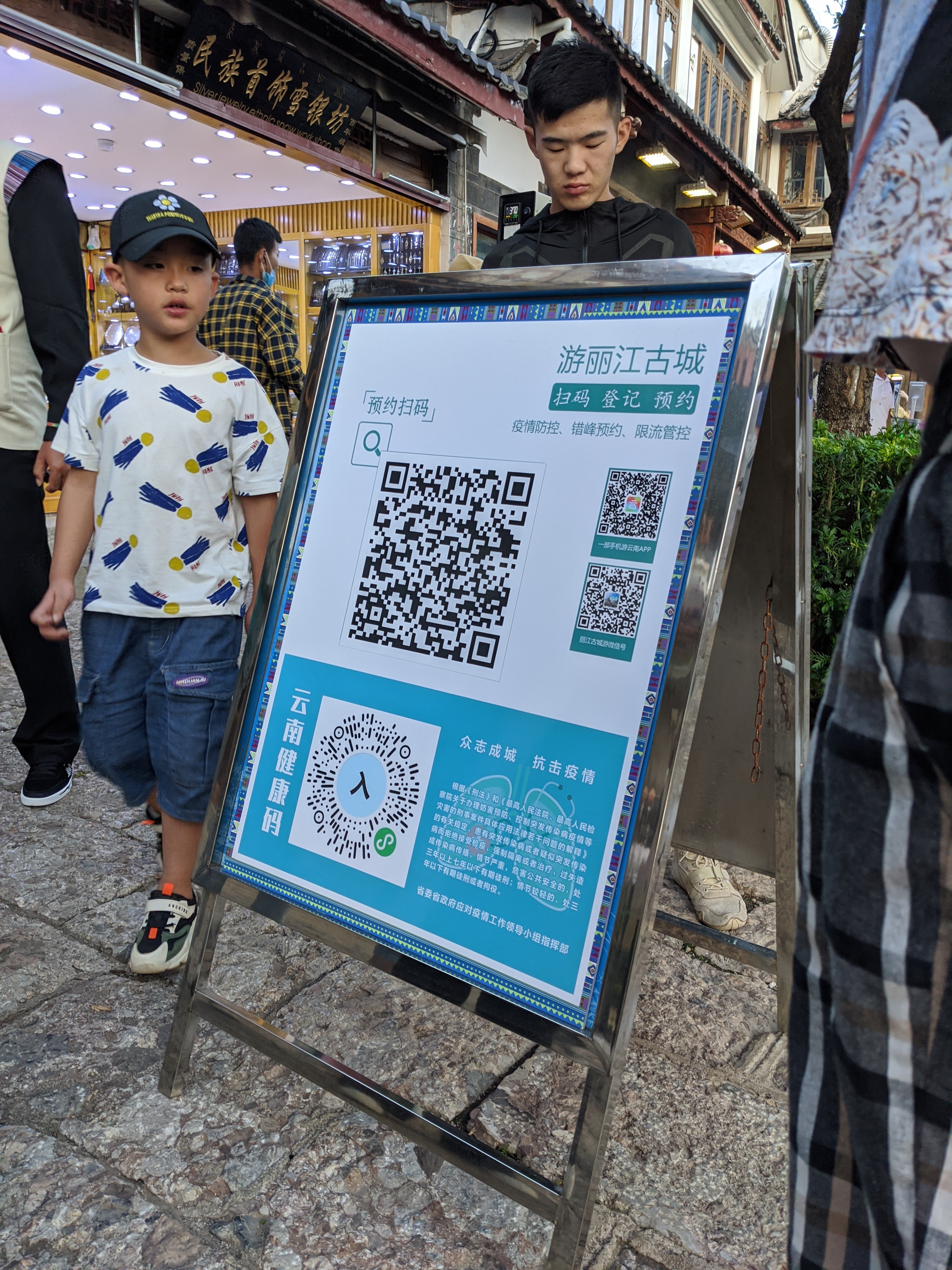
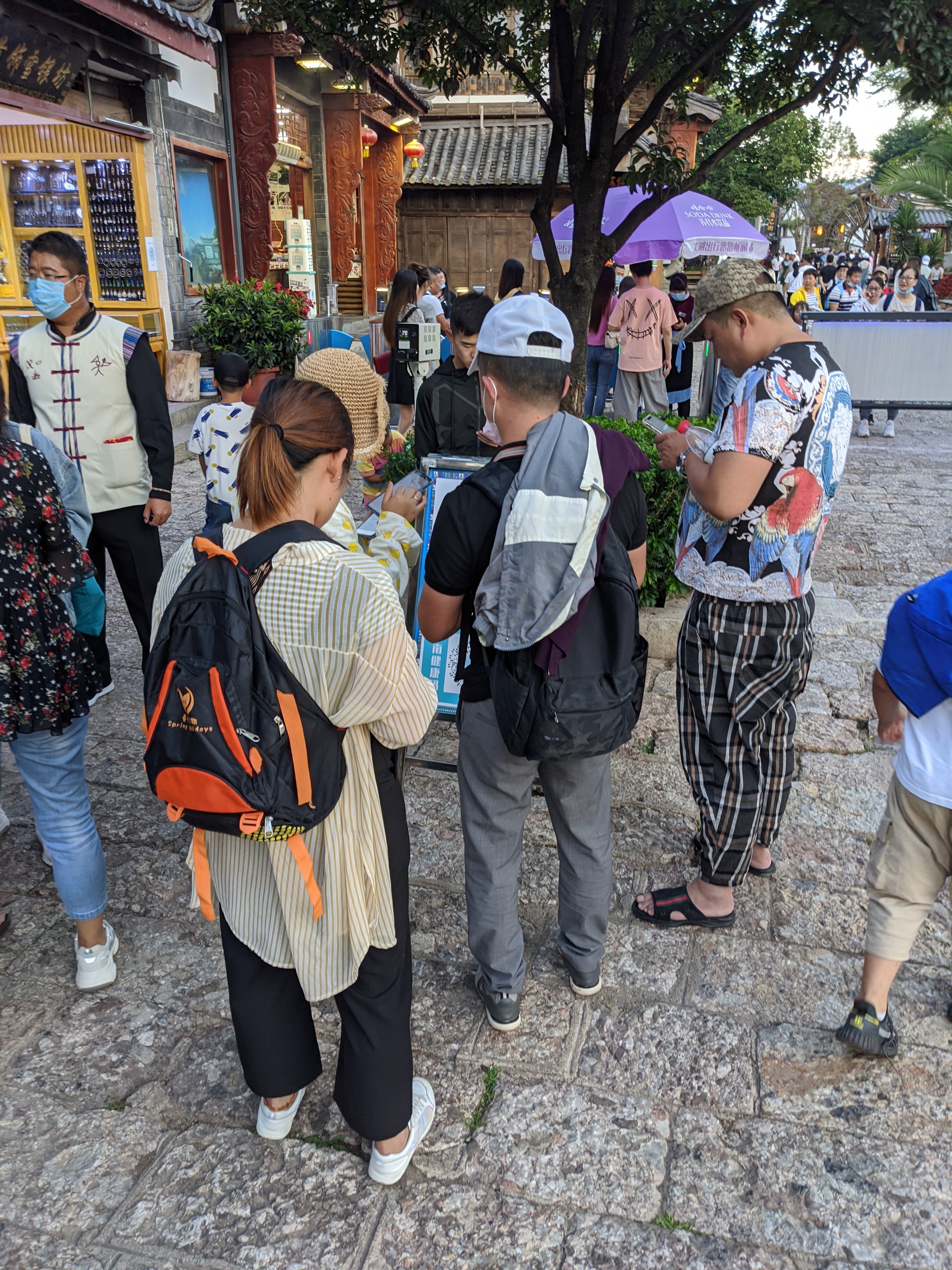
Part 4: Entry Forms
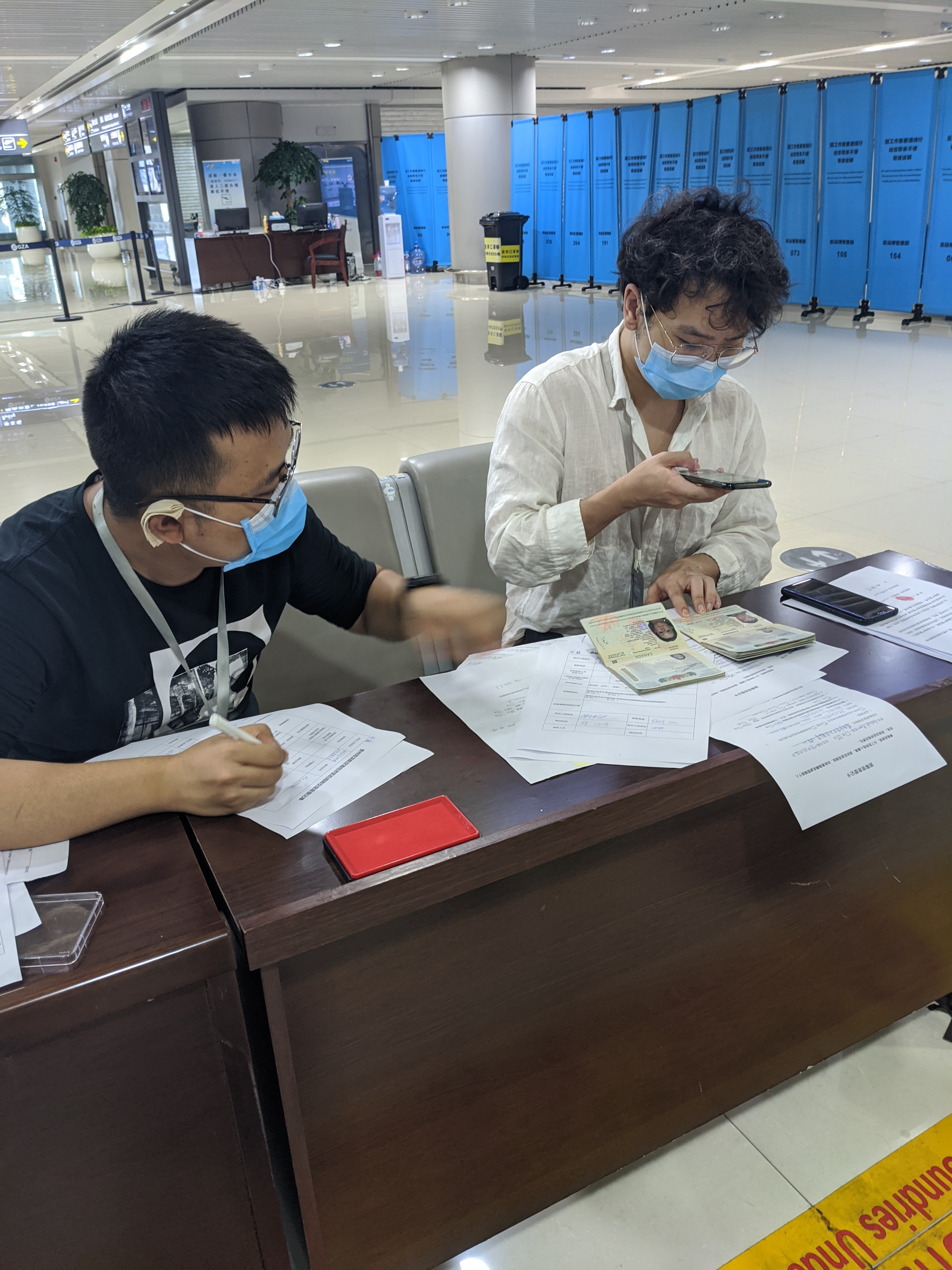
Wherever we went, we had to fill in forms with all sorts of information about our travel history and contact info. Some of the forms were pretty long and even required our visa numbers and job info. Most of them just wanted our: Names, phone numbers, passport numbers, hotel info and, of course, the date of our last entrance into China.
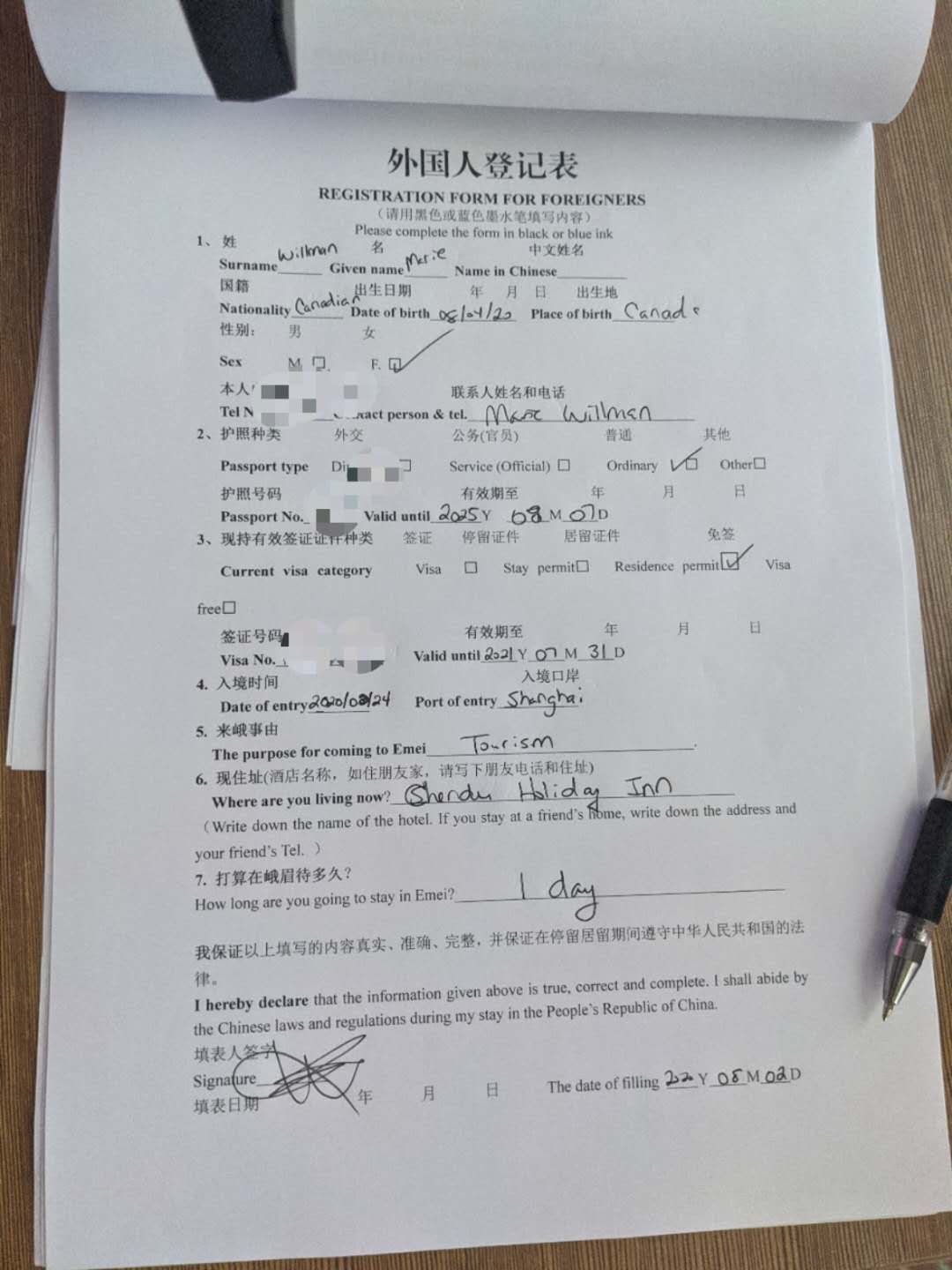
Most places just had security guards doing this and almost none of them spoke English. If I had known all this ahead of time, I would have written out a little form with all my info in Chinese ahead of time to make things just a bit easier. By the end, we knew which questions were coming and we were prepared to answer them. The only place we needed help was at Mount Emei (different area than the form shown above). They mistook my visa for my latest entry stamp and they thought I’d only entered China in July (which is pretty much impossible…but, whatevs).
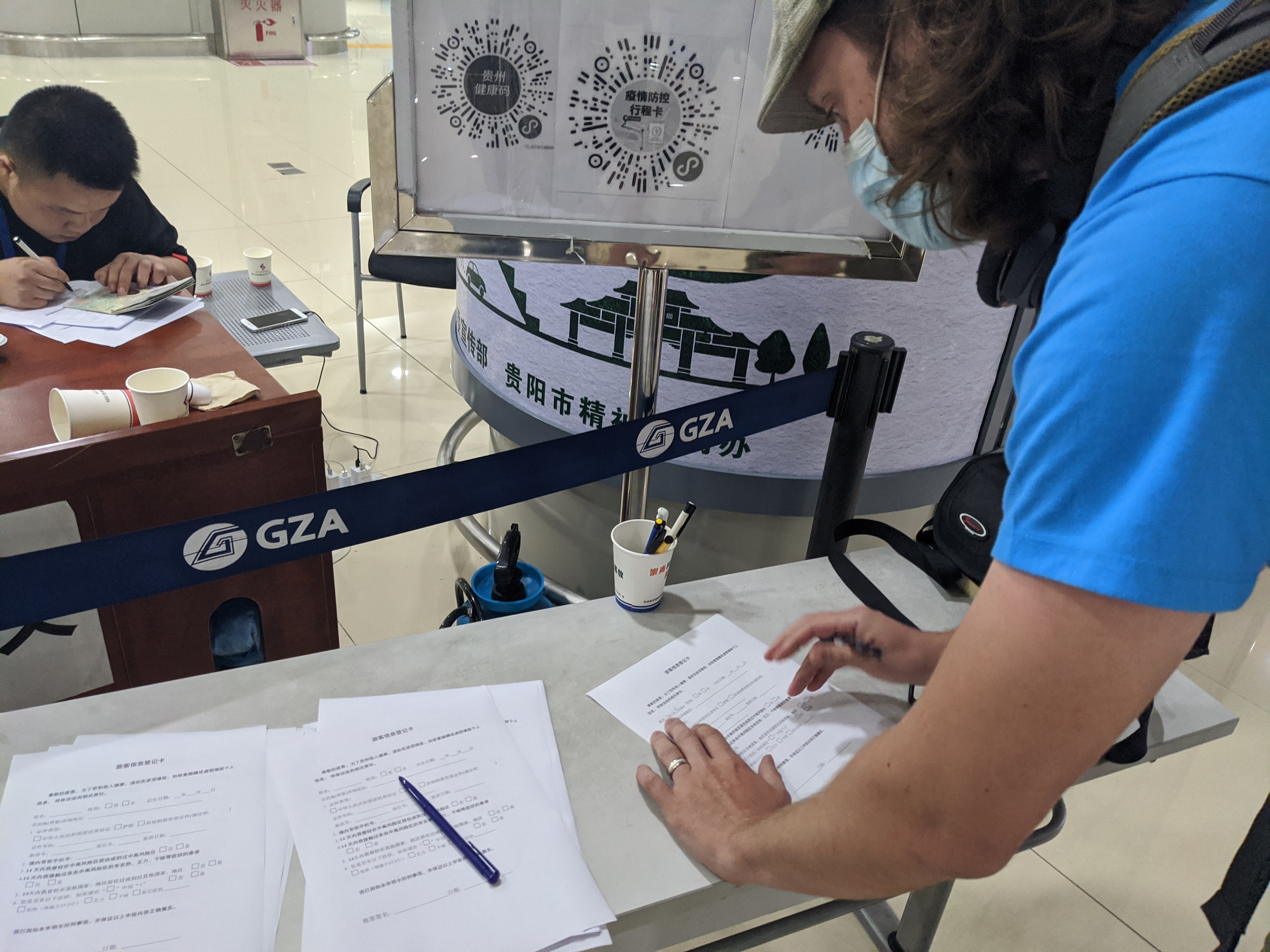
I should add that these forms actually do serve a rather important function. If there happens to be a breakout in a particular area, they quickly contact everyone who was in contact or in the vicinity of the sick people. Those people are then tested and kept under quarantine for 2 weeks to ensure the virus doesn’t spread. For locals, this is all tracked with their ID cards, in a big, national system. For foreigners, everything is done manually. It’s not a perfect system, but it does work. It prevents community transmission, which is the big threat in this pandemic.
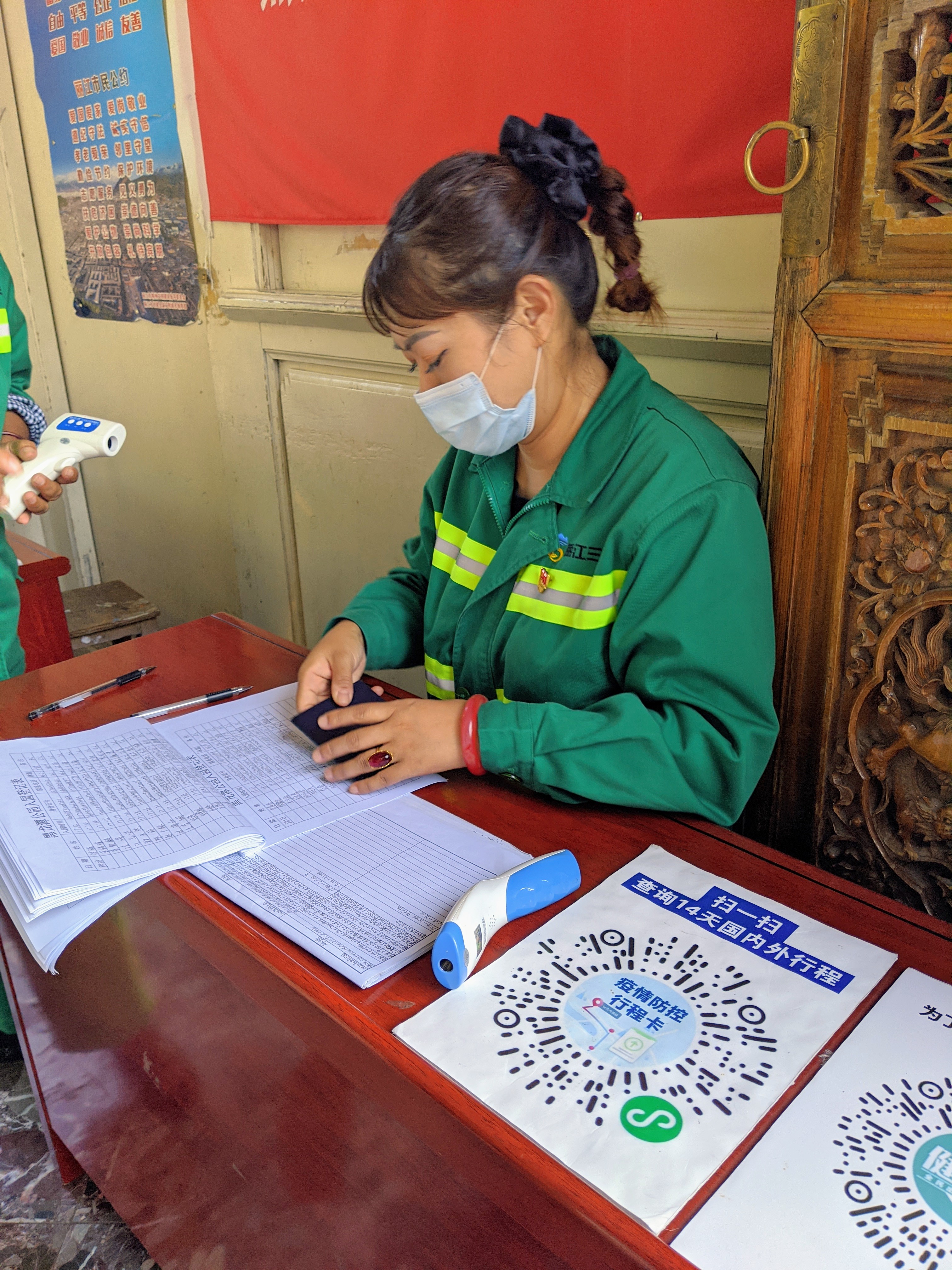
Part: Excessive Caution?
The only place where we really experienced any sort of difficulty was, unsurprisingly, Guizhou. This isn’t because Guizhou province is particularly bad (they have some of the best food in the world there!!). Guizhou simply sees fewer foreign tourists than other parts of China, so they aren’t quite sure what to do with us.
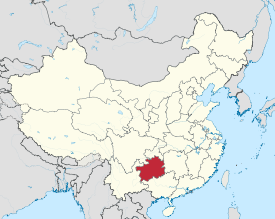
When we arrived at Guiyang airport, everyone got up to get out of the plane, as usual, but before we could start moving towards the exit, the flight attendants made everyone sit back down. Then, they made all the foreigners on the plane get up, and walk out of the plane first. It kinda felt like we were being arrested or like we’d done something wrong.
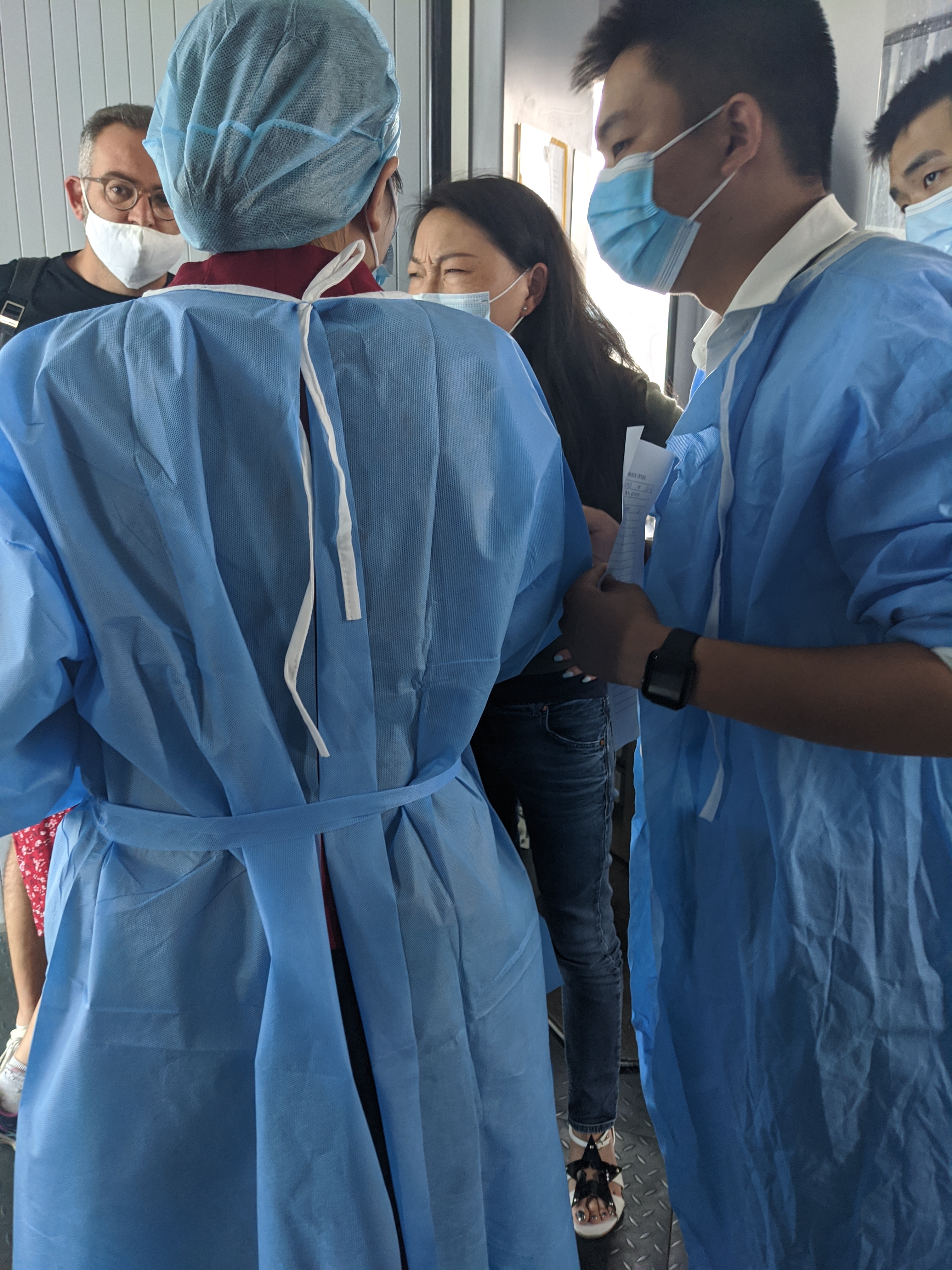
The process itself wasn’t much different from other cities, other than a few extra forms and a bit more time watching them fumble through our passports (even though we’d shown them our stamps), but the way it was done was pretty alarming. I couldn’t help but think that the whole ordeal further perpetuated a prejudice against foreigners currently in China. Somewhere through all this COVID stuff… (some) people here began thinking that it is foreigners bringing the virus back into China. In reality, it’s Chinese nationals coming back from trips abroad who are the biggest risk. Foreigners are still barred from the country, and have been since March, so we aren’t the ones coming and going.
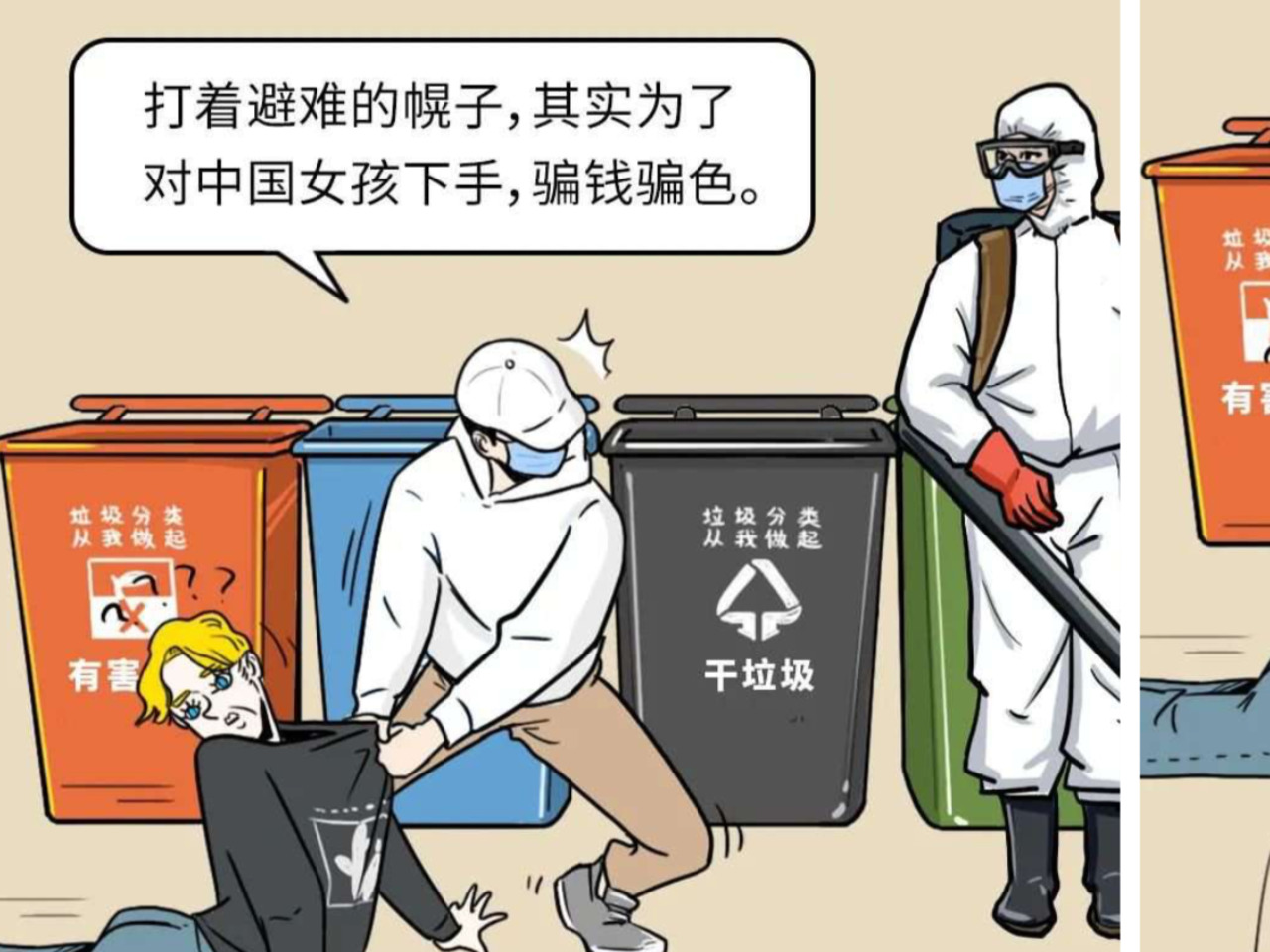
A friend of mine had a similar experience to mine, also while in Guizhou province (not in Guiyang though). When he arrived by train, he and his Chinese girlfriend were taken by police car to the closest hospital for a mandatory nucleic acid test. This was in spite of their green codes, valid entry stamps and the tests they’d already done in Suzhou. When they arrived at the hospital, however, the doctors there told the police to ‘stop bringing them every foreigner that comes into town’. So obviously, not everyone in China thinks foreigners are a walking plague.
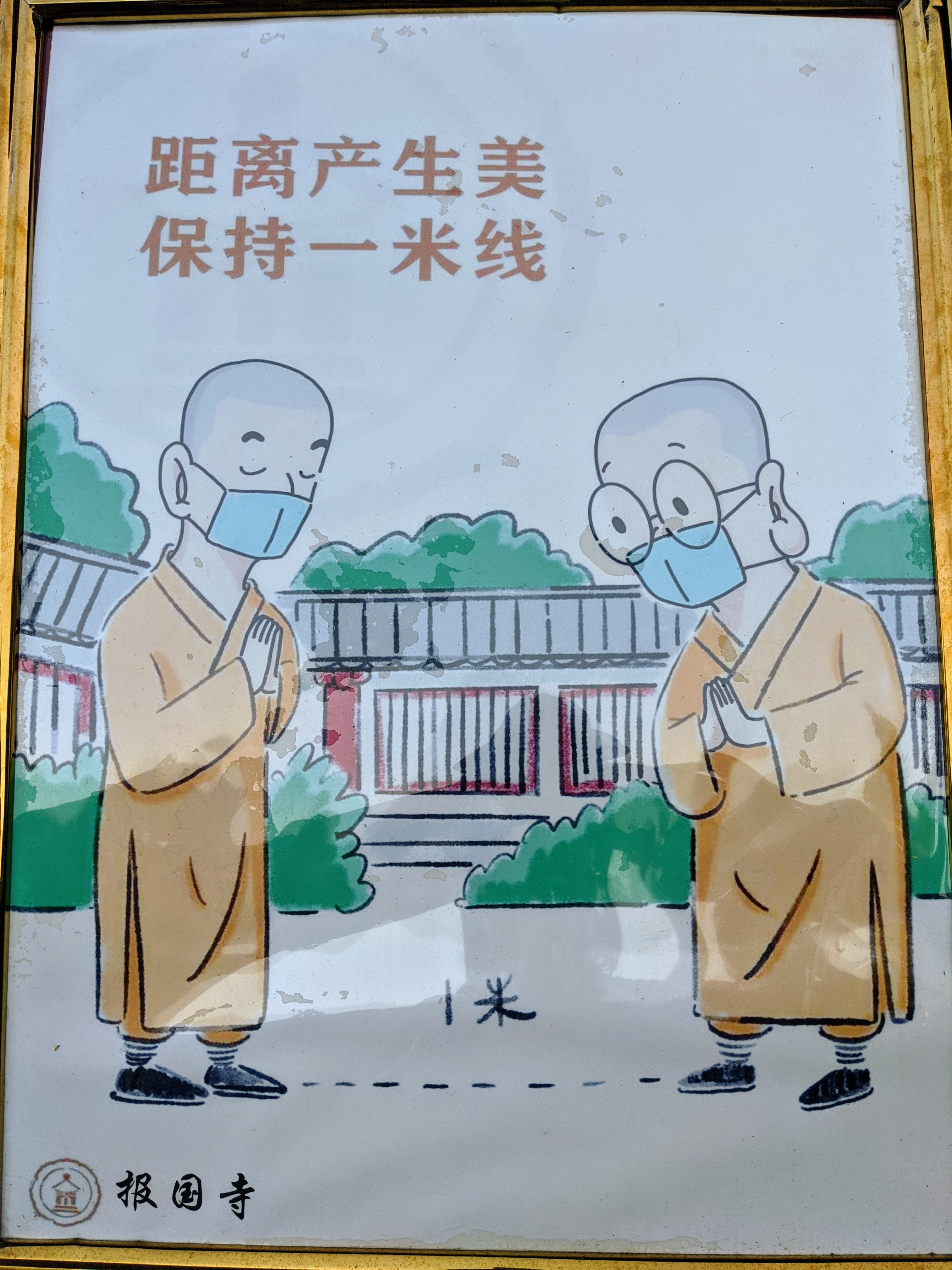
To Summarize
Traveling in China at the moment is mostly safe, and only a minor inconvenience. If you plan to do it, I recommend that you bet prepared to be a bit more patient than usual. Most people are just trying to do their job and play their part in keeping China safe. You will meet the occasional racist, but that’s the case in all countries and all situations, so I wouldn’t worry too much.
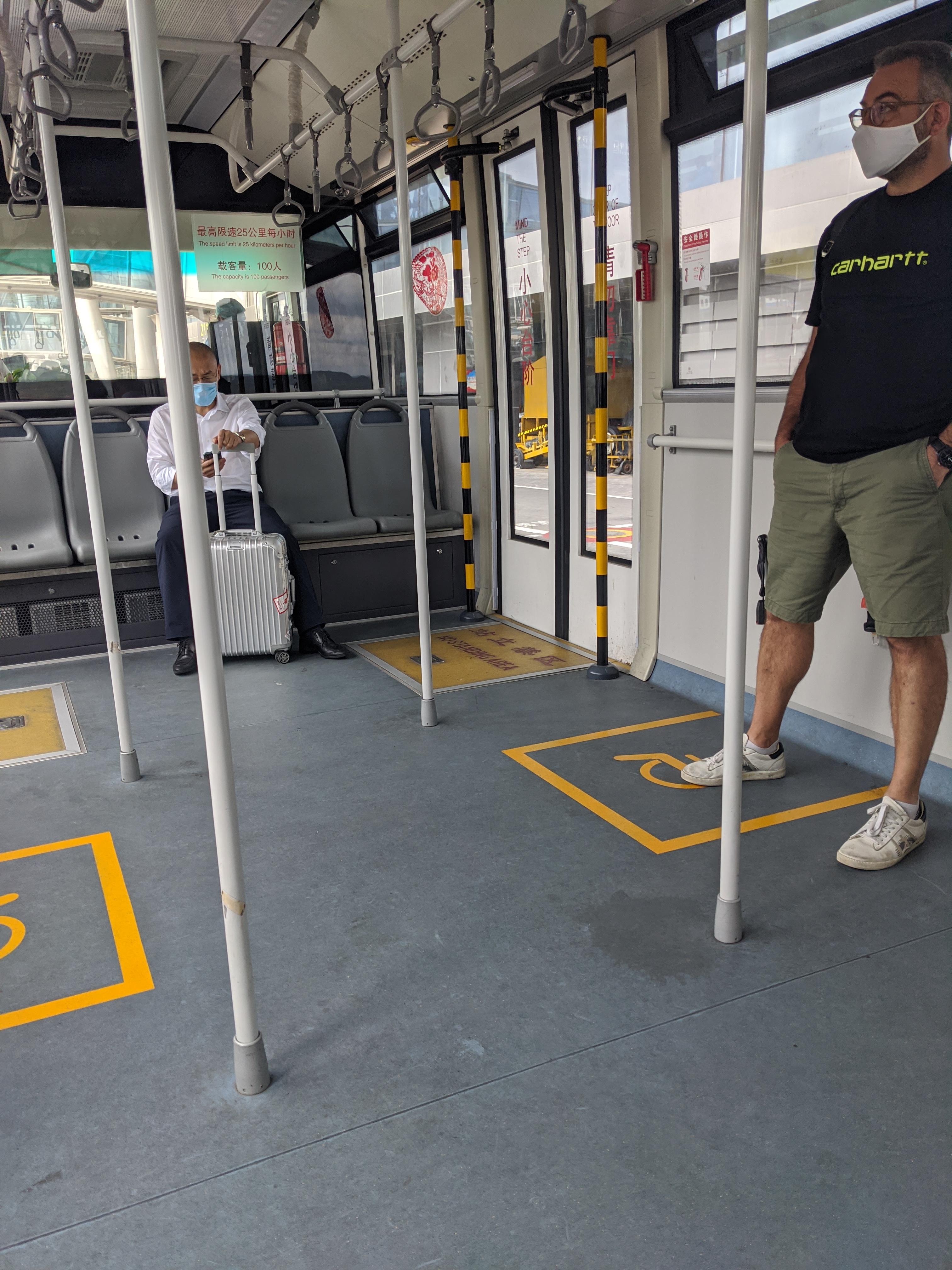
I’ve got more to write about Yunnan & Guizhou! Check back soon!
